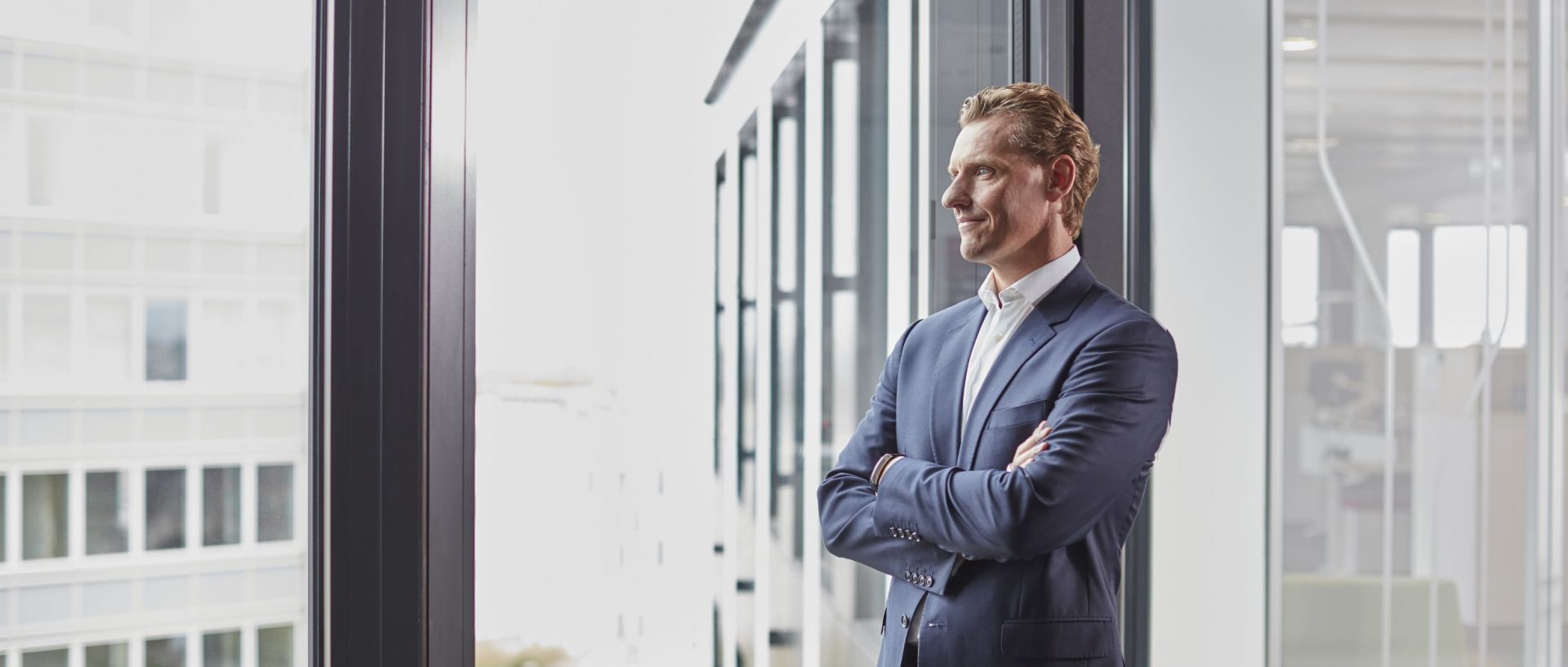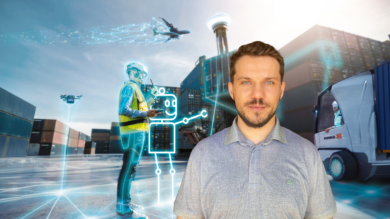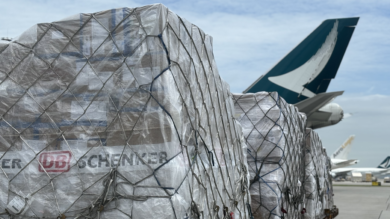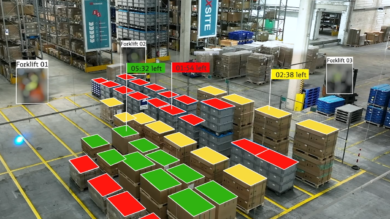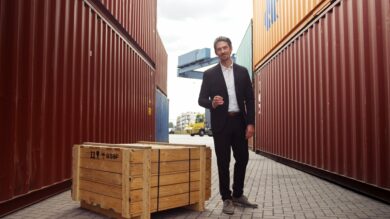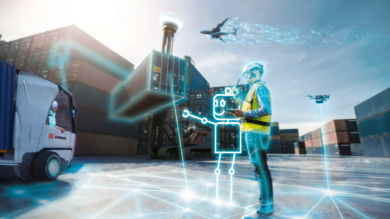Jochen Thewes, Chairman of the Board of Management at DB Schenker, is an internationally recognized supply chain and logistics expert, with more than 20 years of senior management expertise in both regional and global positions. Since September 2015, he has successfully led the global logistics service provider with a dedicated target within the company’s strategy to be a leader in the industry when it comes to sustainability. Jochen Thewes shares his opinion with Logistics Matters on the importance and future of sustainability in logistics.
“We need to change our thinking”
“Tackling the biggest challenge of our time means we need to change the way we think about sustainability. The climate crisis is one of the largest threats to humanity, while the COVID-19 pandemic is reversing years of progress in sustainable development. Logistics has an important role in this recovery. But at the same time, the industry still has a heavy impact on the global carbon footprint.
For this reason, logistics service providers need to take responsibility towards our customers, employees and society at large – and embed sustainability into the way we do business. For me personally, sustainability is my top priority. I believe that to achieve meaningful change, we need to drive a change of culture and behavior in our industry. This starts with three important shifts of mindset:
- Sustainability as a company-wide mission. It’s not enough to have one or two people in an organization taking care of this topic. Sustainability needs to be ingrained in every unit. Employees need to be empowered to take action within their daily tasks.
- Sustainability as a business imperative. The risk of not acting can be disastrous for most companies today. At the same time, sustainability can fuel an organization by engaging employees, developing new business opportunities and improving access to capital.
- Sustainability as a holistic practice, which weaves together social, environmental and economic aspects. From tackling climate change and inventing clean logistics solutions to providing decent work opportunities and increasing diversity. The scope is broad, but we need cross-functional collaboration to address complex sustainability challenges.
“We want to be a sustainability leader in our industry”
Particularly within logistics, the environmental impact is significant. At DB Schenker, we fully commit ourselves to continuously reducing our ecological footprint and helping to decarbonize transport. Our clear strategic target is that we want to be a sustainability leader in our industry. Our goal is to create lasting change, instead of just generating short-term effects.
Yet within our role as a third-party logistics provider, our impact is only as strong as our partnerships. An impressive example for such a joint approach is our carbon neutral flight from Frankfurt to Shanghai, which we realized together with Lufthansa Cargo. The first commercial carbon neutral cargo flight ever in history!
Elsewhere in our business, we are also growing towards e-mobility with our fleet of FUSO eCanters in Europe. Another great example is our city hub in Oslo, where we are setting standards by offering almost entirely carbon neutral city logistics. Here, we use cargo bikes, electric vans and the recent introduction of a brand new 16-ton electric truck. Strong collaboration with public authorities and business enterprises is important to achieve all this.
In addition to these examples, I believe that we must also explore new technologies and new methods of transportation. For example, DB Schenker is collaborating with our partner Volocopter to develop the VoloDrone – a fully autonomous and fully electric cargo drone.
“We lean on the UN Sustainable Development Goals to guide our strategy”
But as I said, change needs to happen across the company. Our workforce is incredibly engaged when it comes to protecting the environment. I am more than proud about how all DB Schenker employees embrace our strategic goal by developing more sustainable solutions within their daily work. Just one example out of many is sustainable search engine Ecosia, which an IT colleague implemented as our standard search function. This led to around 122,000 trees being planted in the first year.
While I am proud of what we have already achieved, I also want to be realistic when looking at the future. The ambition for greener logistics is an ongoing journey. And while we already made some major steps here, we need to continue leading the way with our actions. The logistics industry as a whole still has a long way to go. The mindset needs to change from sustainability as a costly “nice to have” addition, to the fuel that drives an organization’s business.
We at DB Schenker are aware of this and are already working to strengthen our sustainability strategy and integrate it further into our core business. We lean on the UN Sustainable Development Goals to guide our strategy and ensure our own goals contribute to the wider global agenda – for our customers and for society.”
Jochen Thewes
Published: January 2021


